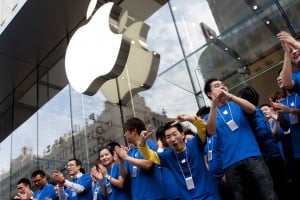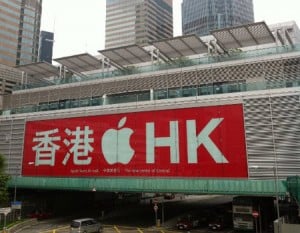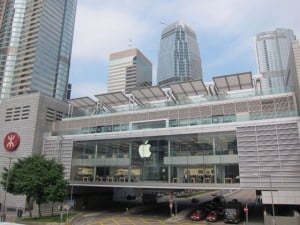
It seems clear that Google is a company that will last into the undeterminable future. It feels this way because Google develops people with abilities to create and perform at levels that are undeterminable. Google’s strategy seems attainable at the rate which it creates these people. Just recently a former Google Tech Manager was giving a position to head Yahoo Inc. as president and CEO, Marissa Mayer. Marissa Mayer has a great reputation from her work at Google and on the Board of Wall Mart. She is an exceptionally hard working woman who defies the stereotype and brings a special way into encouraging and motivating future women leaders. Her time at Yahoo will not be easy, the company has been in serious reconstruction of it’s strategically pursuance of survival in a world dominated by Bing, Google and Facebook. For Yahoo adding some previous Google employees would seem to be a good thing for the company. Twitter for example a thriving social media company has taken some on. According to the Wall Street Journal, “Some former Googlers have said they have taken what they have learned management-wise from Google to their new jobs. Twitter’s Mr. Costolo said in January that about 80 to 90 Twitter employees previously worked at Google, the biggest feeder for the start-up, which has more than 900 employees.” Although we learned about product quality, having a quality management system created by employees will most likely create a quality product. Most products even the most innovative ones need a strong functions management team behind it. This is what employees at Google offer. According to the WSJ, “In a 2010 interview, Mr. Armstrong said he also has tried to apply many valuable lessons learned from working at Google under Mr. Schmidt. Those include keeping in mind how much of Google’s success came from a willingness to make bold moves in its early days, as when the company dramatically revamped its AdWords online search advertising program roughly a decade ago, forming what would serve as a key source of revenue, said Mr. Armstrong.” The quality and strategy that former Google employees take away from working at Google is fascinating, I am not sure whether it’s because of their “open” company culture or Google’s continuous education programs, you can answer that in the comments if you would like. But what I have learned from reading about Google is that the characteristics of managing quality are supported by their ability to generate growth through all sorts of demanding tasks.
http://online.wsj.com/article/SB10001424052702303612804577533073173479052.html?mod=WSJ_hpp_LEFTTopStories&_nocache=1342557535536&user=welcome






